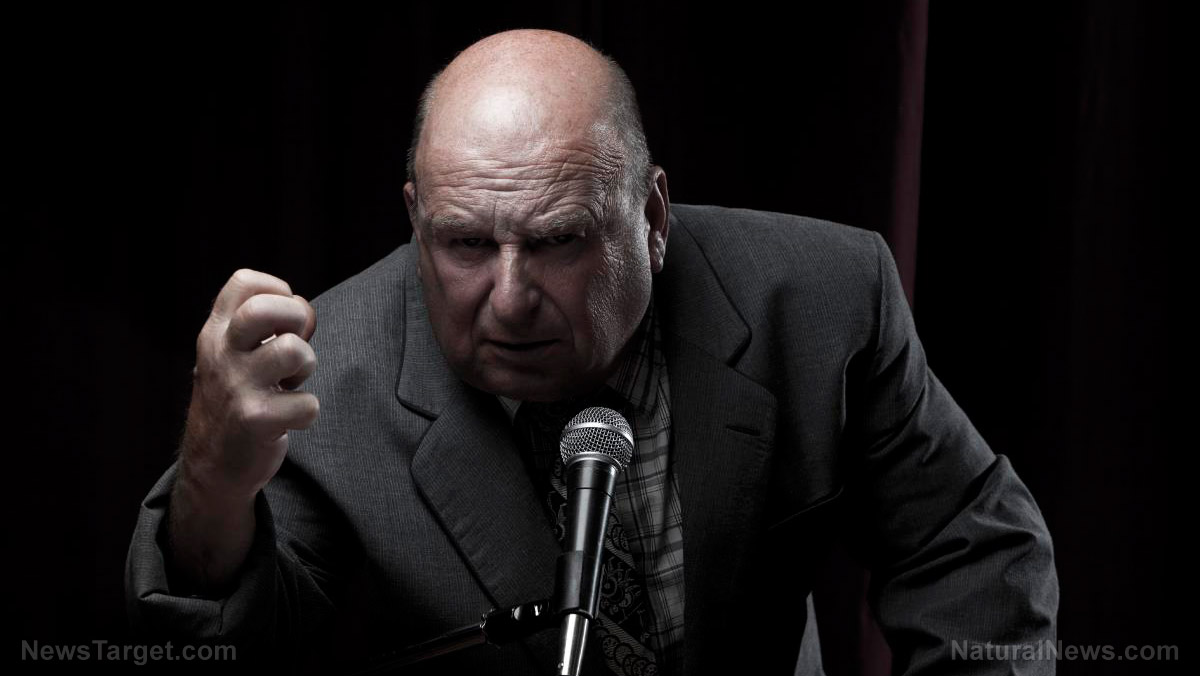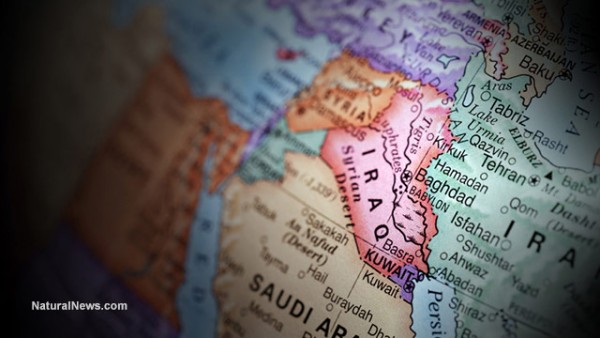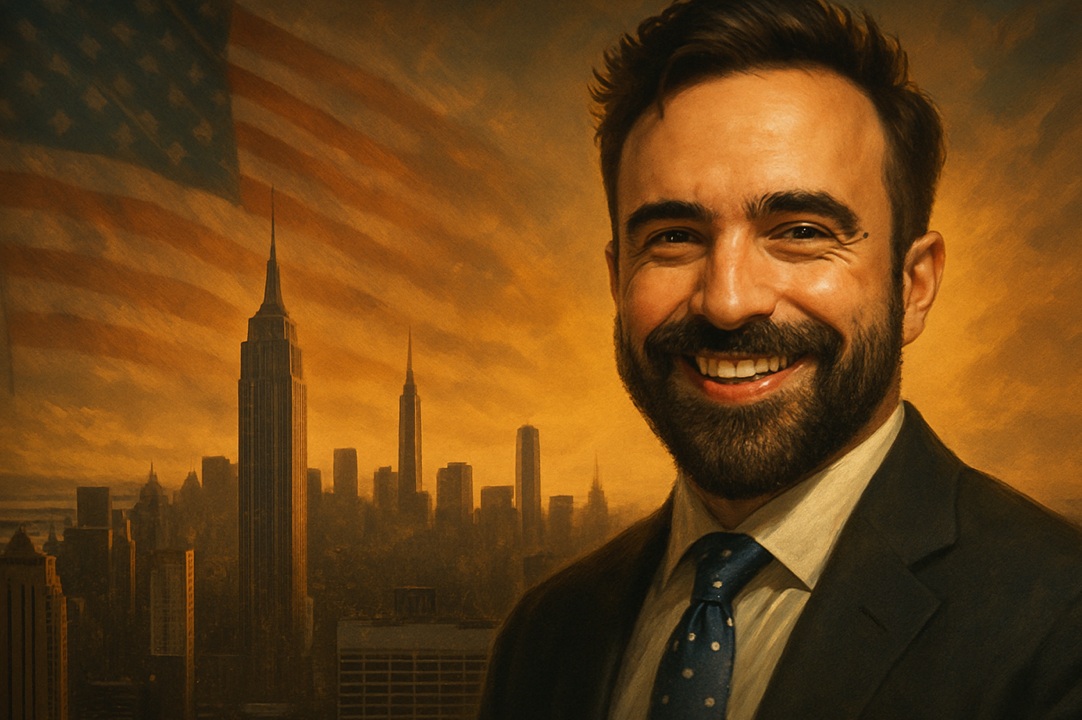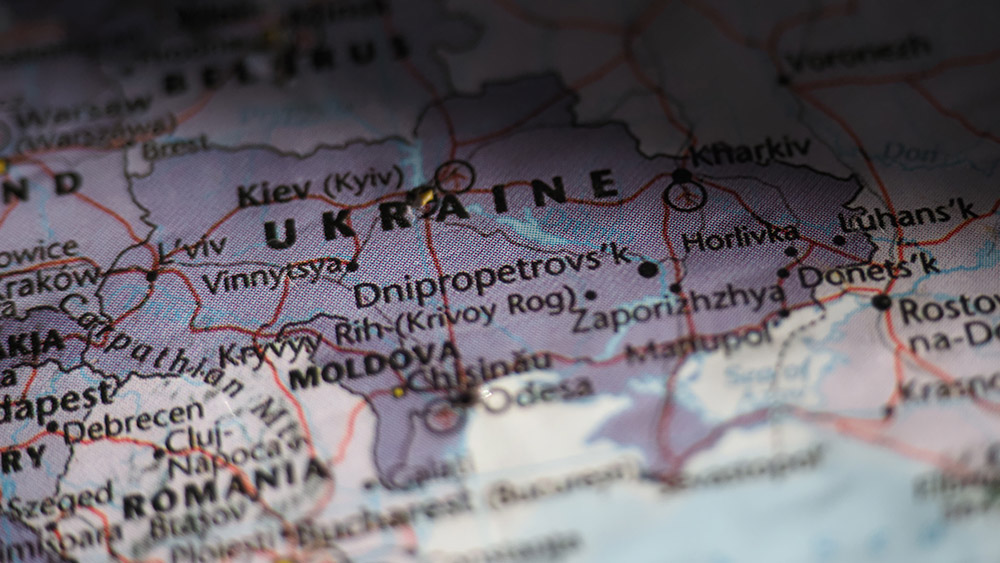 Parler
Parler Gab
Gab
- Paul Biya, who has been Cameroon's president for 41 years, has won another seven-year term in an election widely seen as unfair. The official result, giving him 53.66 percent of the vote, was expected but has caused widespread anger and protests.
- The announcement of his victory sparked deadly street protests, which were met with a violent government crackdown.
- The electoral process was heavily criticized for being engineered to keep Biya in power. Popular opponents were blocked from running, the election council dismissed all challenges and term limits were removed in 2008, creating a system that makes a real political contest impossible.
- Biya is a famously absent and disconnected leader. Despite Cameroon's problems with poverty and corruption, he is known for spending long periods abroad, and his campaign offered few new ideas to a struggling population.
- The outcome leaves Cameroon deeply divided. With a government that lacks legitimacy in the eyes of many citizens, the country faces the prospect of more instability. The main question is no longer if Biya will leave power, but what turmoil will follow when his decades-long rule eventually ends.
Deadly protests and a heavy-handed response
Even before the final results were formalized, the tension in Cameroon was palpable. Supporters of Tchiroma and his coalition, the Union for Change, defied official bans to pour into the streets of major cities like the economic capital, Douala. Their anger was directed at what they see as a rigged electoral process. Protesters set police cars ablaze, barricaded roads and burned tires, transforming parts of the city into scenes of civil disobedience. The government's response was swift and forceful. Security forces deployed tear gas and water cannons to disperse the crowds. The clashes turned deadly. The regional governor confirmed that four people lost their lives during the protests, with several members of the security forces wounded. According to the opposition, those killed were their supporters, shot by the regime's forces. The deaths have already cast a long shadow over Biya's victory. In a post-election statement, the president acknowledged "those who have unnecessarily lost their lives," but for the families of the deceased and the opposition, these words ring hollow. Tchiroma's campaign team accused the government of "acts of barbarity" and killings, a stark condemnation of a regime they label as "criminal." This violence is not an isolated incident but a symptom of a deeper political malaise. The election itself was marred by controversy from the start. An initial field of 83 candidates was whittled down to just 12 by the Biya-influenced Constitutional Council. Popular opposition figures, like Maurice Kamto, were barred from running altogether. Furthermore, the Council reported rejecting ten petitions alleging electoral malpractice, effectively closing the door on any legal challenge to the outcome.The enduring criticisms of a distant leader
Biya's victory extends a rule defined by several persistent and damaging criticisms. First and foremost is the issue of electoral integrity. For decades, opposition politicians and independent observers have accused the electoral authorities of colluding with the president to ensure his victory. The recent removal of term limits in 2008, a move executed by a parliament dominated by his party, paved the way for his indefinite re-election, cementing a system critics describe as a democratic facade. Compounding this is Biya's notorious absenteeism. Despite Cameroon's myriad challenges, including a severe corruption problem that has stifled economic growth in the oil and cocoa-rich nation, he is renowned for spending extended periods abroad. Investigations have revealed that he has spent nearly four and a half years in Switzerland on private trips, often speculated to be for medical treatment, since taking power. Biya's campaign for this election was notably lethargic, featuring a single rally where he promised voters that "the best is still to come." For many Cameroonians struggling with poverty and a lack of opportunity, this promise from an often-absent leader feels empty. The government's treatment of dissent is another central criticism. In the lead-up to the election, prominent opposition leaders from the Union for Change were arrested. Another party claimed its members had been "kidnapped" by security forces in a blatant act of intimidation. This pattern of detaining opponents on charges of plotting violence has created a climate of fear, making a genuine political contest impossible. As Biya begins his eighth term, the question for Cameroon is not if he will ever leave power, but what will happen when he does. Analysts have long warned that his monolithic hold on the state, built over four decades, stores up instability for the future. For now, the immediate consequence is a nation divided, with a legitimacy-challenged government facing a disillusioned and restless populace. The deadly protests in Douala are a grim testament to the fact that for a growing number of Cameroonians, seven more years of Biya is not a victory to be celebrated, but a burden to be resisted. Watch the video below to find out if the EU covered up election fraud in Bulgaria. This video is from the Kla.TV - English channel on Brighteon.com. Sources include: RT.com BrightU.ai AlJazeera.com BBC.com Brighteon.comIraq halts fuel imports, declares ENERGY INDEPENDENCE after decades of instability
By Lance D Johnson // Share
Mamdani’s victory as NYC mayor sparks economic uncertainty and political feuds
By Ramon Tomey // Share
Kremlin accuses Kyiv of hiding battlefield losses as Peskov highlights Russia’s military strength
By Patrick Lewis // Share
India defies Western pressure, continues Russian oil imports despite sanctions
By Belle Carter // Share
AI revolution: Breakthroughs in language models threaten and empower
By Kevin Hughes // Share
Maine rebuffs Voter ID, embraces gun control
By Willow Tohi // Share
Governments continue to obscure COVID-19 vaccine data amid rising concerns over excess deaths
By patricklewis // Share
Tech giant Microsoft backs EXTINCTION with its support of carbon capture programs
By ramontomeydw // Share
Germany to resume arms exports to Israel despite repeated ceasefire violations
By isabelle // Share










